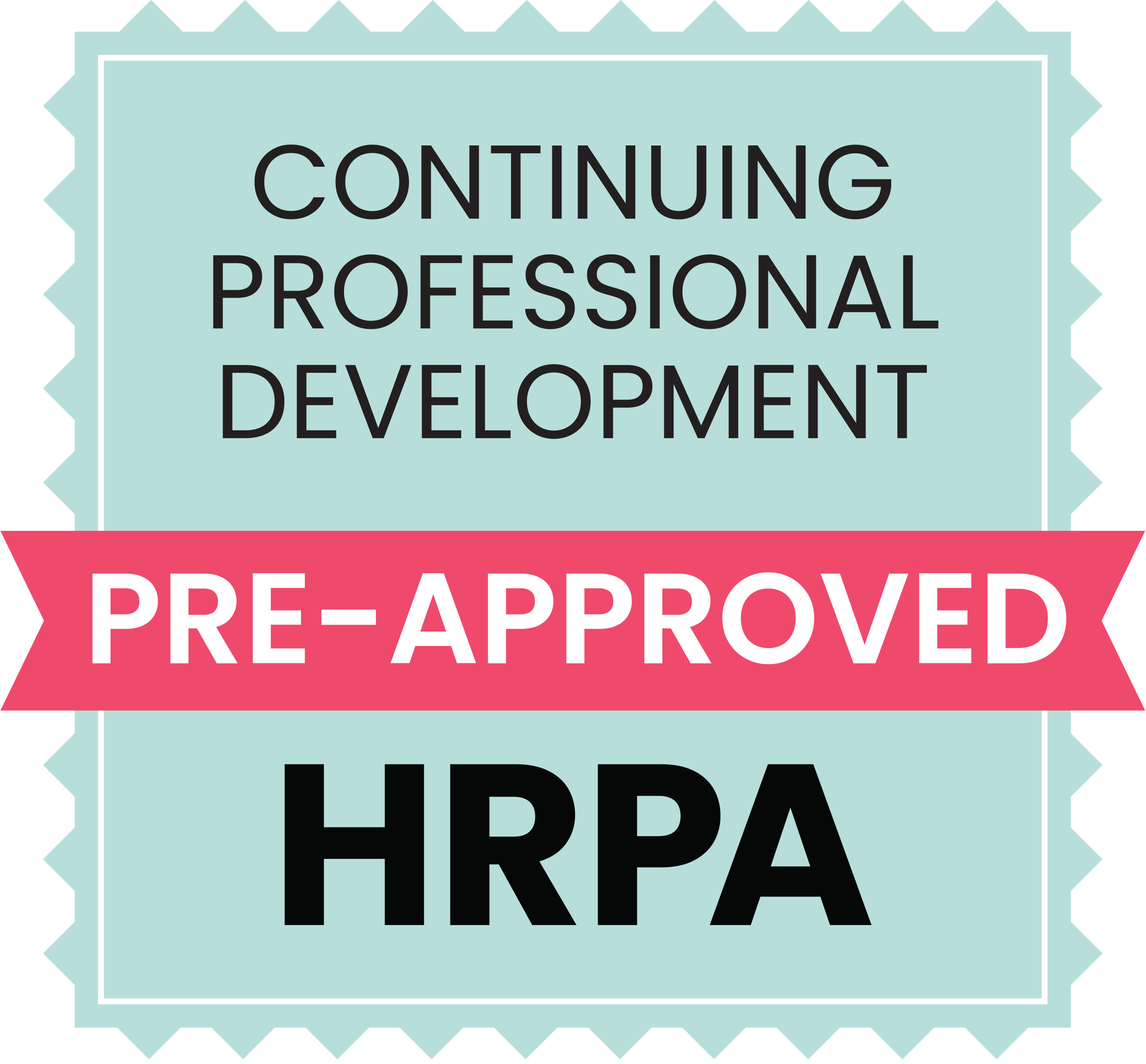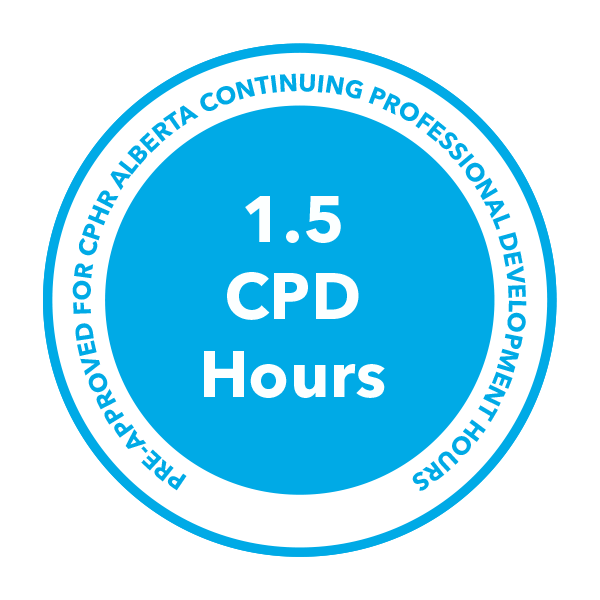$595.00Add to cart
Includes: Webinar Recording with all Associated Materials
April 27, 2023
Differences in personalities, beliefs, and working styles are inevitable in workplaces and can often lead to workplace disputes. Effective conflict management practices are essential to prevent escalation of minor workplace disagreements and to address harmful conflict, harassment, and violence. In this session, expert speakers will provide practical guidance on these issues and address topics such as:
- When do interpersonal disputes rise to the level of “bullying” or “harassment”? Do employers have a legal obligation to address incivility or interpersonal conflict that does not rise to this level? What impact will Canada’s recent ratification of the international Violence and Harassment Convention (C190) have on an employer’s legal obligations?
- What organizational factors, if any, contribute to a higher incidence of workplace conflict? How should employers and unions identify whether those factors are present and what steps should be taken to improve the environment? With many workplaces moving to a hybrid or remote model, how can parties address workplace conflict in situations that may be harder to monitor, such as online chats?
- What factors must be considered when dealing with conflict between an employee and supervisor, as opposed to a conflict between two employees? What is the role of the union when conflict arises between employees who are union members?
- What are key components of an effective conflict management policy? For example: Can, and should, alternative dispute resolution practices be incorporated? What are these options, and will they satisfy the employer’s duty to address the conflict? Which key employees should be coached on communication, verbal de-escalation, or other conflict management techniques? What early intervention steps should be taken when conflict arises?
- What role can a trauma-informed approach play in addressing workplace conflict? How can such an approach aid employers and unions in understanding why conflict has developed and how to effectively respond?
- To what degree will the fact that the impugned conduct was in keeping with the workplace culture, or “condoned” by the employer, impact an arbitrator’s assessment? Have changing attitudes towards workplace culture and mental health impacted the analysis?
- How can employers and unions ensure that stereotypes, unconscious bias, or lack of understanding do not lead to unfair or discriminatory conclusions when conflict arises?
- Are all workplace disputes to be avoided? Can a culture of healthy disagreement foster psychological health and safety in the workplace?
CPD

This program has been approved for Continuing Professional Development 1.5 hours under Category A of the Continuing Professional Development (CPD) Log of the Human Resource Professionals Association (HRPA).

This program has been approved by CPHR Alberta for 1.5 Continuing Professional Development hours.
- This program has been approved by the Law Society of British Columbia for 1.5 Continuing Professional Development hours.

